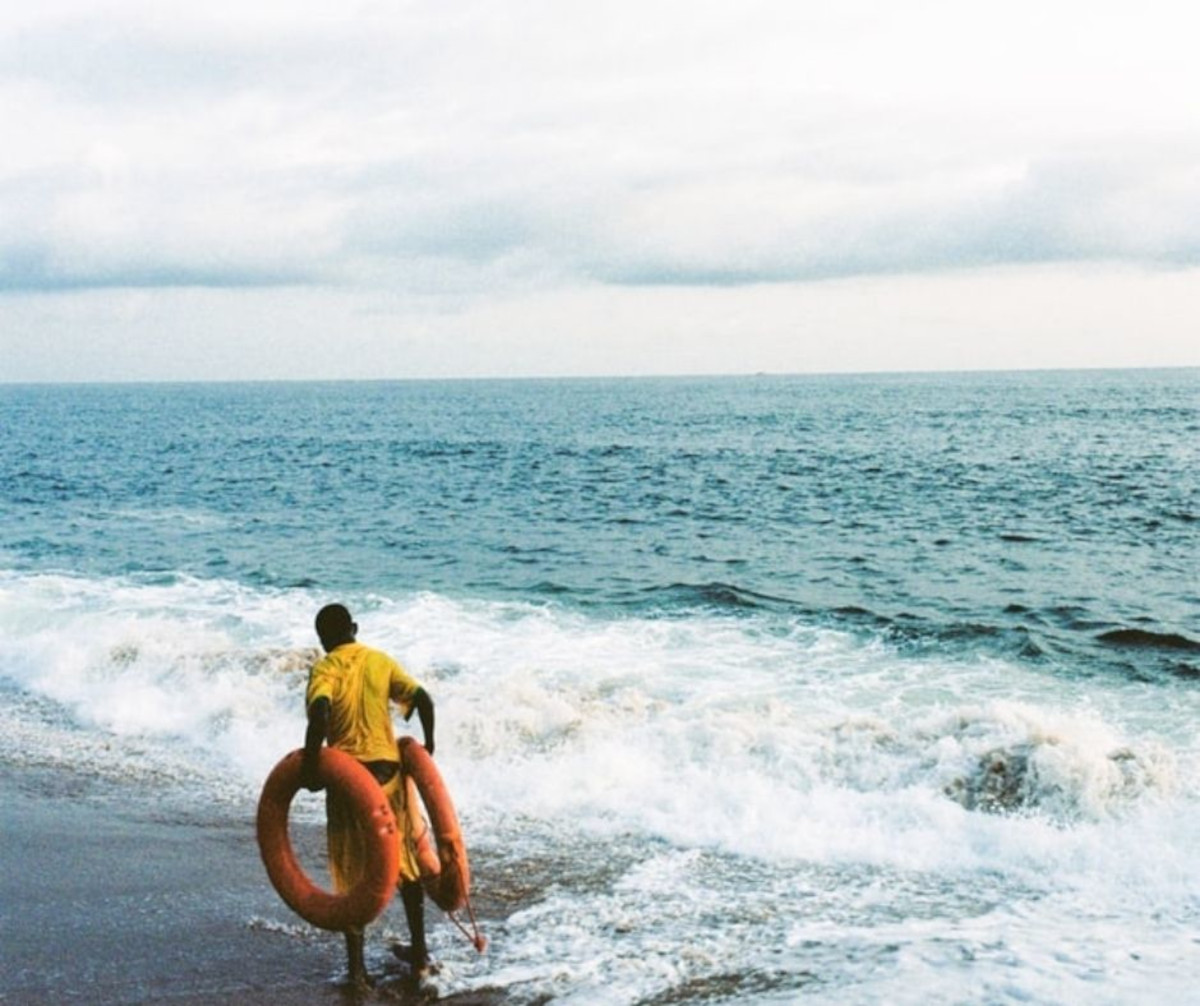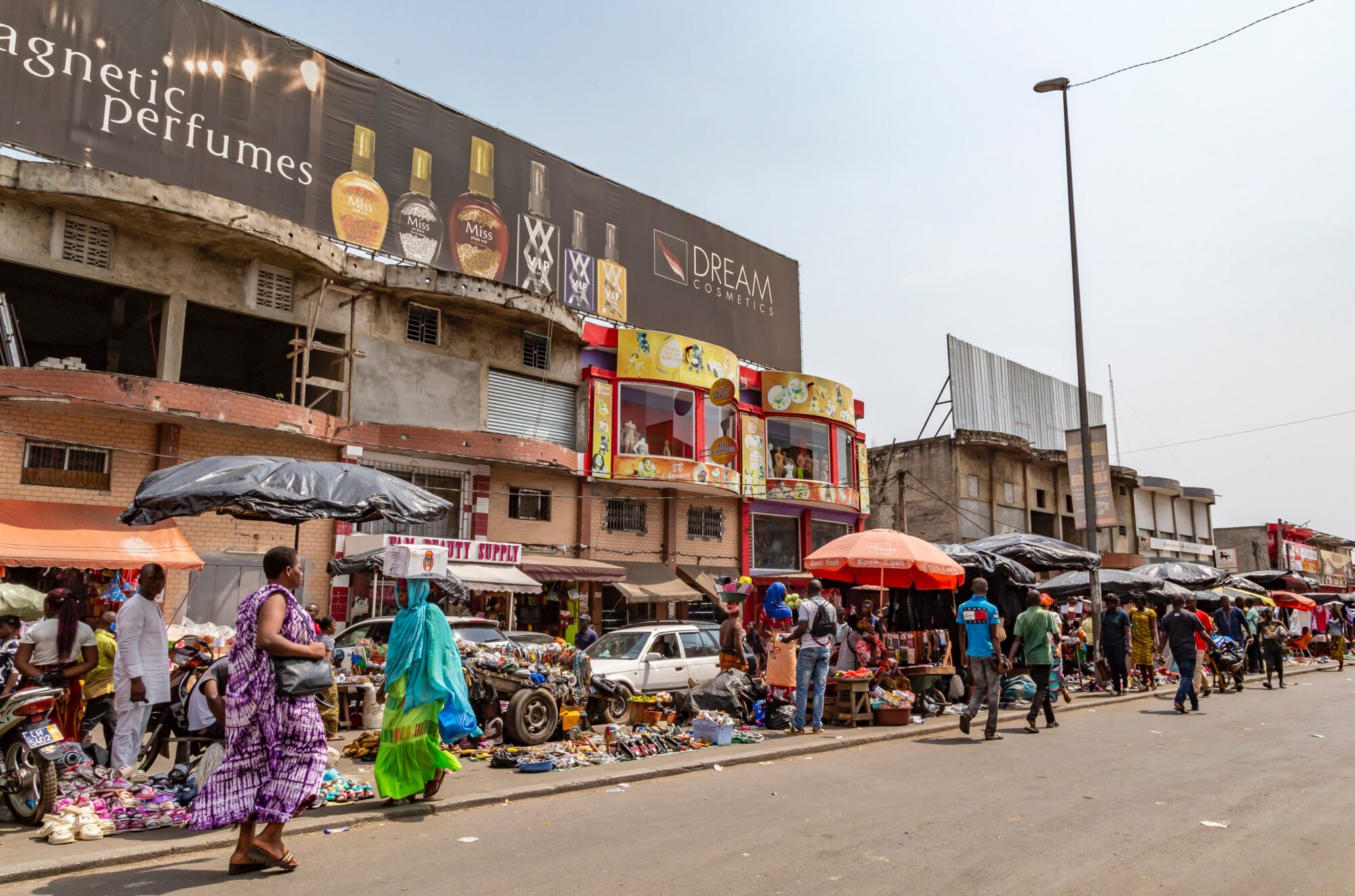Ivory Coast
Travel tips for the Ivory Coast
Top 5 Experiences
The second largest island state in the world has a unique, endemic flora and fauna. A richness in variety and originality inspire the visitors. The highlights of Madagascar include:

Landscape
The Atlantic coast, which is surrounded by a lagoon belt, stretches over 550km. Here, dreamlike beaches, crystal-clear seawater and wide mangrove forests alternate. In the south of the country, tropical moist and rain forests as well as plantations determine the vegetation. An impressive mountain range stretches over the northwest. Further north the landscape of the country changes to wet and dry savannas.

Safari
Elephants once gave the country its name, but unfortunately, they have become rare nowadays due to poaching. Therefore, they are under protection. In total, there are eight national parks in the country. The Comoé Wildlife Reserve is the largest national park in West Africa and is a UNESCO World Heritage Site since 1983. There elephants, leopards, buffaloes and other wild animals can be observed. Many monkey species are native to the tree-bush savannah.

Taï National Park
The Taï National Park in the southwest is with its 5,500 square kilometers the last remaining large rainforest area as well as one of the last jungle reserves in West Africa. Therefore, it was declared a UNESCO World Heritage Site in 1982. In the park there are up to 50 m high trees as well as many rare plants and animals, such as forest elephants, pygmy hippos and chimpanzees. These are monitored and protected in the course of ecological projects.

Culture
The Ivory Coast reflects the cultural and religious diversity of Africa like hardly any other country. More than 60 tribes with their own languages live in the West African country. They are famous for their traditional mask and stilt dances as well as their artisanship. The festival of the masks takes place in the city of Man every year in February and a carnival with colorful costumes, dance, music and traditional food is celebrated in the city of Bouaké in March.

Cities
The cities are witnesses to the history of the country. In the capital Yamoussoukro one can visit the presidential palace with the lake of the holy crocodiles or the gigantic basilica, which was modeled based on the St. Peter’s Basilica in Rome. The old town of Grand Bassam is a UNESCO World Heritage Site. Abidjan is called the „Pearl of the Lagoon“ and is considered the most modern West African city while Bondoukouo is one of the oldest places.
Tourist infrastructure
The Ivory Coast has a well-developed road network. However, it is in a poor condition, especially in the north and west. It is therefore not advisable to travel in the main rain season, as the gravel roads are difficult to pass then. Public transport consists of rail and bus connections as well as shared taxis.
High-quality accommodation is available in all cities, outside of the city the standard and comfort is lower.
Climate and travel season
Due to its proximity to the equator, the Ivory Coast has a tropical climate. This leads to year-round warm temperatures of around 30°C. The best time to travel is between November and April as the whole country has dry season. In the south, the dry season is divided into August and September and December to May while in the north there is only one dry season from November to May. There temperatures can reach over 35°C in the hottest period in January and February.
Visa and entry
Citizens from Germany, Austria and Switzerland need a passport and a visa to enter the Ivory Coast. The visa can either be applied for in person at the responsible embassy in the respective country before the trip or upon entry after prior online registration. The online visa upon entry must be registered and paid for at the respective embassy at least three days before the planned departure so that the visa can be issued on arrival at Abidjan International Airport. The proof of payment must be printed out and carried on the flight. Upon arrival in Abidjan, travellers need to go to the e-visa counter in front of the official passport control. Depending on the length of the stay, the visa costs between €50 and €110. The passport must be valid for at least six months.
ATTENTION: There are fraudulent websites that mimic the visa application for Côte d’Ivoire and request payment but do not issue a visa afterward. Therefore, only use the service provider ‚Snedai,‘ whose link is provided on the website of the Embassy of Côte d’Ivoire.
Since the regulations can change at any time, all information are non-binding and without guarantee. Please observe the visa regulations and the current information of the Federal Foreign Office / Federal Ministry European and International Affairs / Federal Department of Foreign Affaires at all times.
Impressions from the Ivory Coast
(Click to enlarge)
Stories
International Hotel Chains Are Driving the Hotel Boom in Africa
Frankfurt, 03 April 2024 - The "Big 5" of global hotel chains - Accor, Hilton, IHG, Marriott International and Radisson ...
Internationale Hotelketten treiben den Hotelboom in Afrika voran
ReThinking Africa Initiative setzt sich für Investitionen in Afrikas Tourismuswirtschaft ein Frankfurt, 03. April 2024. Die „Big 5“ der globalen Hotelketten ...
Voice4Africa x ReThinking Africa News March
KLEBER Group x ReThinking Africa News March 2024 Content Foreword Investment in Africa's tourism industry as a driver for sustainable ...
Our partners for the Ivory Coast
Visa, Entry, and Updates
Current accessibility
Corona precautionary measures
Status: 05.11.2021
















